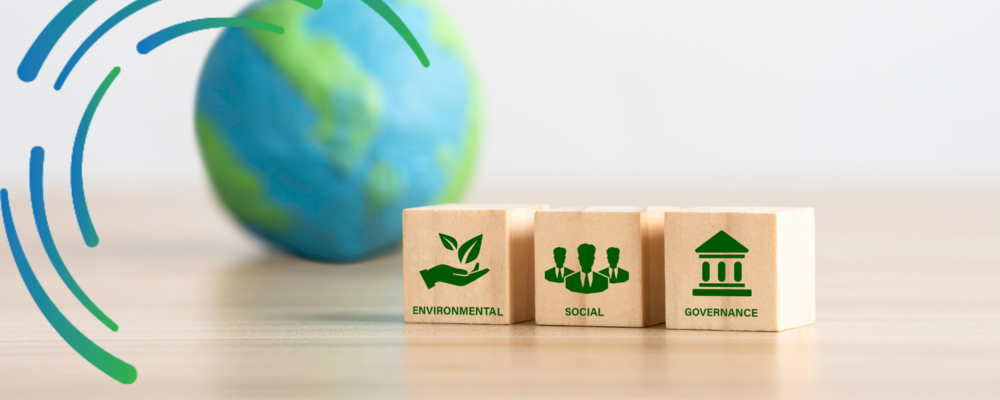Member meeting empowers education and teaching
On 13 March, SDSN Northern Europe arranged its first member meeting of 2024. The gathering was dedicated to exploring diverse aspects of education and teaching for sustainable development.

On 13 March, SDSN Northern Europe arranged its first member meeting of 2024. The gathering was dedicated to exploring diverse aspects of education and teaching for sustainable development.
Juan-Miguel Diaz Castro and Megumi Iwata, researchers from the University of Oulu, commenced the session by presenting insights from the TESTEd project. The overarching goal of the project is to create a template for teacher education that encompasses a European syllabus with the emphasis of facing future challenges.
TESTEd is run by a consortium of five universities and a network of partner schools, teacher education institutions and stakeholders in education.
Juan-Miguel and Megumi are eager to seek synergies with other initiatives and projects and seeks collaboration with SDSN Northern Europe members. For more information about the project, visit the TESTEd website.
Following this, Mattias Sundemo, a PhD student and sustainability coordinator at the School of Business, Economics and Law at the University of Gothenburg, shared findings from a study exploring the effects of integration of sustainability into business and economics education in Sweden.
Sundemo's research tries to analyze if these interventions have any effect by using Natural Language Processing (NLP) and Artificial Intelligence (AI). This is a process in which algorithms process and understand human language in a way that resembles how humans do it. By using this analysis, he tries to find out how the share of students who relate to sustainability in their bachelor's or master's thesis develop over time.
Moreover, the project aims to develop a methodology to assist other educational institutions in measuring similar trends.
Interested members are encouraged to reach out to Mattias Sundemo for additional information and potential collaboration opportunities.
Concluding the academic presentations, John Barimo, Manager of SDSN Ireland at the University College Cork, introduced the SDG Toolkit for Teaching and Learning.
This digital resource offers an array of tools and materials aimed at enriching the integration of sustainability across educational curricula. It is developed collaboratively by staff and students. Noteworthy features include introductory materials on the SDGs, tools for mapping teaching and research against SDGs, and an SDG Resource Library. The toolkit is accessible to all interested parties and serves as a valuable resource for educators and researchers alike.
The member meeting concluded with updates from various network members and news from the SDSN Northern Europe secretariat, presented by Martin Eriksson, marking the productive conclusion of the meeting.